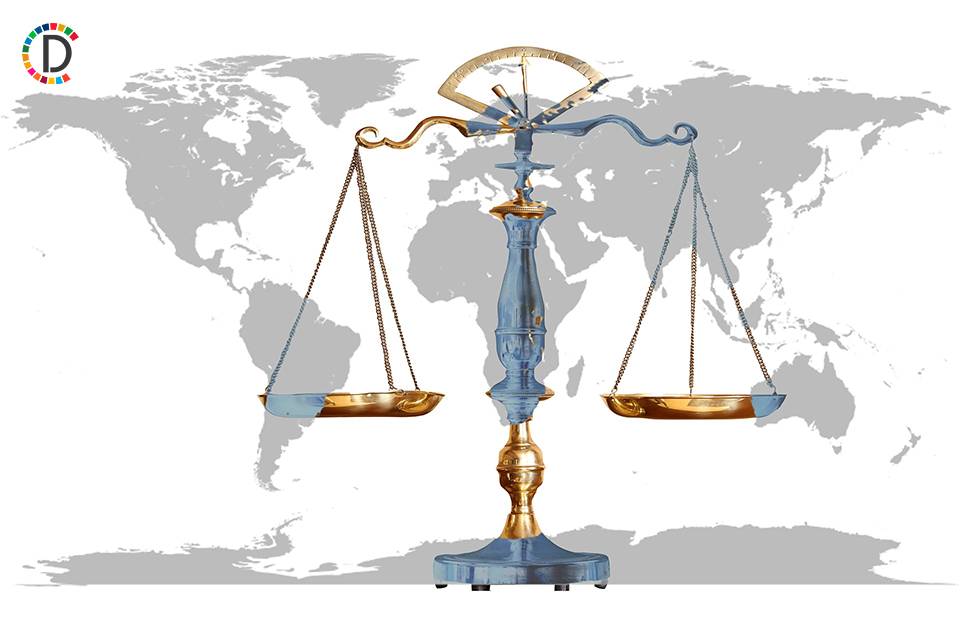Israeli settlers attack Palestinians, journalists at West Bank olive harvest, witnesses say
A spokesperson for Israel's Shomron Regional Council which represents the settlements in the area did not immediately respond to a request for comment. On Saturday, about 30 villagers and activists, plus about 10 journalists, had gathered for the harvest when dozens of men descended from the outpost on a hill and launched an attack, beating people with sticks and repeatedly striking Reuters photographer Raneen Sawafta as she tried to protect herself, witnesses said.

Israeli settlers attacked a group of Palestinian villagers, activists and journalists on Saturday who had gathered during an attempt to harvest olives near a settler outpost in the Israeli-occupied West Bank, witnesses said. Two Reuters employees - a journalist and a security adviser accompanying her - were among those injured in the attack by the men who wielded sticks and clubs and hurled large rocks, in an area close to the Palestinian village of Beita.
The area, lying south of the West Bank city of Nablus, has in past years been a flashpoint for settler attacks, which increased across the West Bank after the war in Gaza began two years ago. Such attacks have escalated during this year's olive harvest, which began in October. As the number of such attacks has climbed, Israeli and other activists have often joined Palestinians to support them and their right to harvest their olive groves, while also documenting any violence. Activists or local Palestinians often inform journalists of harvesting plans, so they can attend to report, particularly in flashpoint areas, such as outposts.
Settler outposts, which can include a collection of caravans or sturdier structures, do not have approval by the Israeli authorities. Palestinians and most nations regard any settlements as illegal under international law. Israel disputes this. The Israel Defense Forces said they had dispatched soldiers to the scene after receiving what they described as reports of a confrontation.
Witnesses said they saw no Israeli soldiers at the scene. "The IDF condemns any act of violence and will continue to operate to maintain security and order in the area," the military said in a statement to Reuters, adding that police would conduct any further review of the incident.
The police did not immediately respond to a Reuters request for comment. A spokesperson for Israel's Shomron Regional Council which represents the settlements in the area did not immediately respond to a request for comment.
On Saturday, about 30 villagers and activists, plus about 10 journalists, had gathered for the harvest when dozens of men descended from the outpost on a hill and launched an attack, beating people with sticks and repeatedly striking Reuters photographer Raneen Sawafta as she tried to protect herself, witnesses said. Jonathan Pollak, an Israeli rights activist who witnessed the incident, said about 50 masked settlers were involved, saying those who attacked Sawafta "beat her up without mercy, continuing to stone her while she was on the ground and then continuing to attack everyone who was coming to her help."
He said the settlers shouted in Hebrew, including comments such as "Go from there." Sawafta was accompanied by Reuters security adviser Grant Bowden who was beaten as he tried to protect her. Her camera equipment was smashed.
Both wore helmets and had clear "Press" labels on their protective jackets. Sawafta's helmet had a large dent after the attack. An ambulance took them both for medical checks and treatment at a hospital in the Palestinian city of Nablus. Several other people were also injured in the incident.
"We call upon Israeli authorities to investigate this incident and hold those responsible accountable - and to ensure that journalists can work freely and without harm," Reuters said in a statement. Israeli settlers carried out at least 264 attacks in the West Bank against Palestinians in October, the biggest monthly total since U.N. officials began tracking such incidents in 2006, according to a U.N. report released on Friday.
Israeli rights groups say such incidents are rarely investigated by the Israeli authorities and perpetrators are rarely held to account.









